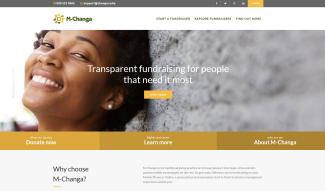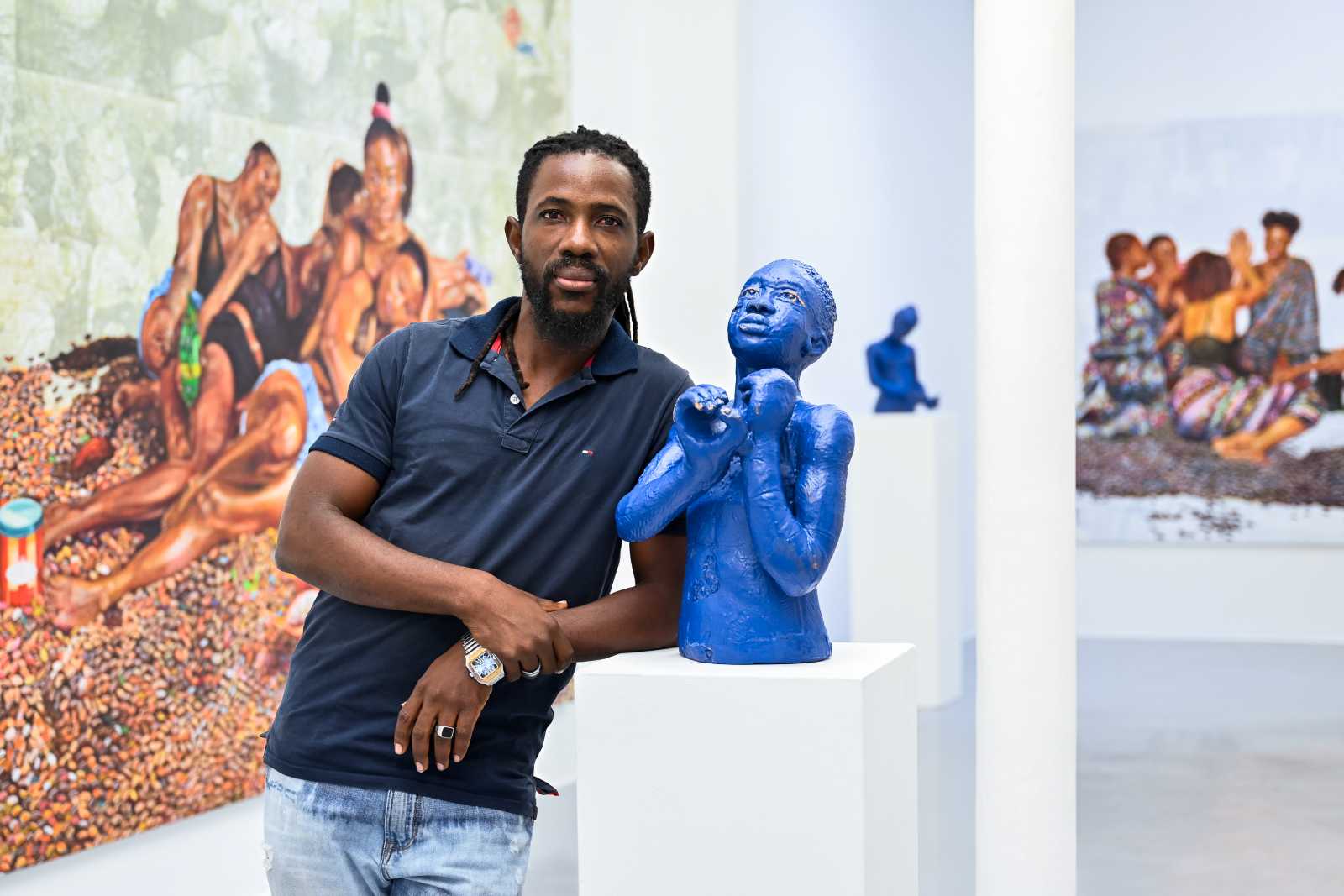IT
Development of African crowdfunding platforms

Africanise crowdfunding means setting up local crowdfunding platforms with adapted technology for local investment. No bank account? Not a problem! Many African countries lack conventional money transfer infrastructure; bank accounts and credit cards still tend to be the exception, not the rule. To permit widespread participation in crowdfunding in such circumstances, mobile phone-based money transfer services (like the Kenyan financial service M-Pesa) are needed. The Indian crowdfunding platform Ketto works with a courier service that collects cash payments.
Think small means taking one step at a time. In North America, Asia and Europe, the crowdfunding market has fast become very differentiated. It has generated very complex high-volume financing options that moved a long way away beyond the original models. This applies in particular to the lending-based crowdfunding, equity-based crowdfunding and the fast-growing area of real-estate crowdfunding.
Copying these approaches is not the way to move ahead in Africa, not least because of the lack of an adequate institutional and legal environment. First and foremost, SME financing requires national crowdfunding platforms with traditional financing options (donation-, rewards- and lending-based). Minimum contributions must be small and payable in local currency.
Special consideration also needs to be given to SMEs that are too big for microcredit and too small for conventional bank loans. The Kenyan crowdfunding platform M-Changa offers numerous examples:
- financing the manufacture of an “Afro sneaker” (fundraising goal KES 350,000 – or about € 3,000), with backers receiving sneakers at discount prices;
- financing solar-powered systems to increase the output of a fruit-processing business (fundraising goal KES 350,000) with backers getting jars of jam from the product line;
- financing the manufacture of clean-energy cooking stoves (fundraising goal KES 1.5 million), with backers receiving cooking stoves at a discount price.
Other interesting African platforms are PezaZetu (Kenya), Thundafund and StartMe (both South Africa).
Cooperate means working with partners at all levels to develop the market. There are many ways in which development cooperation can help to establish crowdfunding as an SME financing instrument. To build confidence and reduce risks, development agencies can support SME planning, invest in an SME or help to implement a project. They can participate in the financing of a project by topping up the amount raised by crowdfunding. Like structured financing, a crowdfunded loan or investment can be divided into different risk tranches, with the international agency taking the highest-risk tranche to minimise the risk and create an investment incentive for other partners. Moreover, they can offer “first loss protection” by assuming a certain percentage of the loss in the event of default. However, care must be taken to ensure that market mechanisms and the project’s financial viability rating reflected by the crowd’s willingness to invest are not undermined by the involvement of an international agency.
International platforms also have considerable potential for financing African SMEs. Some offer more complex financial products and equity investments. A number of platforms specifically address the African diaspora, aware of its financing potential and willingness to invest in Africa. Interesting examples – with widely differing business models – include Bettervest (Germany), Crowd4Climate (Austria), Lendahand (Netherlands), Blue Bees (France), Trine / Emergingcrowd (both UK) and Kiva (USA).











